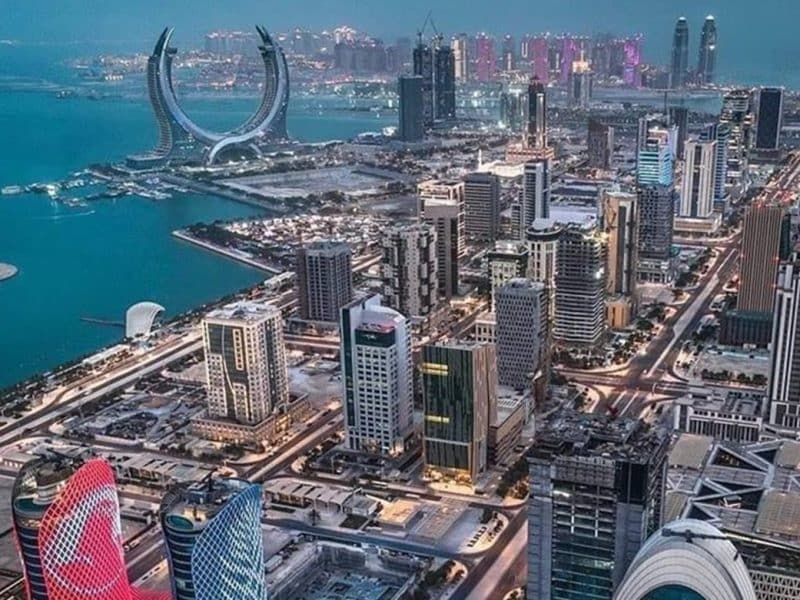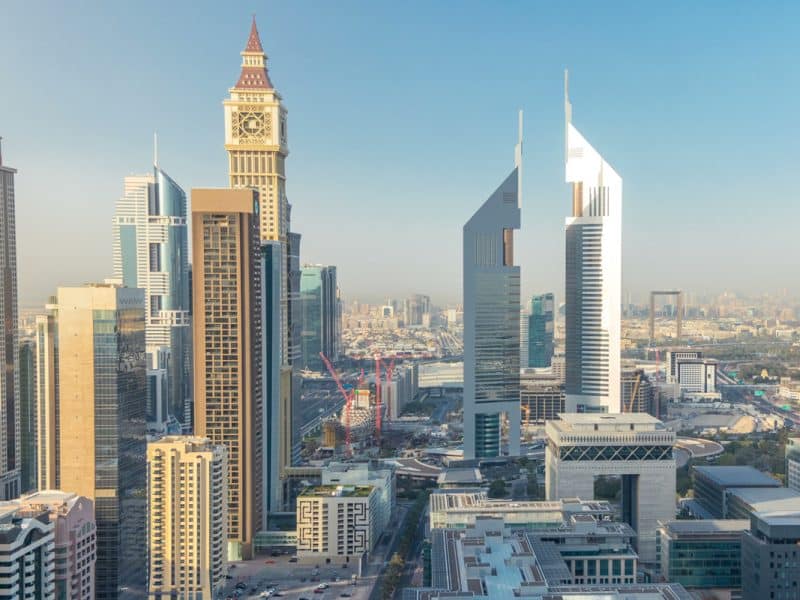Amélie Hua first came up with Motion Cycling when she was looking for a cosy specialised exercise studio similar to the one she frequented in Paris, but which she found lacking in Dubai.
Coming from a family of entrepreneurs, Hua said she was not scared to fail and embarked on launching her own business, “a specialised studio which would be accessible and intimate”, as she described Motion Cycling, despite being new to the city.
In a wide reaching interview with Arabian Business, Hau talks about her funding journey and the challenges of being a female start-up founder in the region.
Where did the idea for Motion Cycling come from?
The idea comes from a famous concept called Soulcycle, which has been operational in the US for the past 15 years.
A few years ago, when I was living in Paris, I was visiting a studio with a similar concept as part of my exercise routine. When I moved to Dubai, I was really frustrated because I couldn’t find something similar, meaning a specialised studio with a strong concept behind it. That is when I thought there would be a market for that and started with this adventure.
What is the market demand for such a concept?
Based on my personal experience, I felt that there was a huge market of people looking for something more boutique, accessible and intimate, with a nice community feel, especially in Dubai where everything can be so extravagant.
We wanted to create a strong experience by revisiting the classic spinning class, shifting it from being performance-oriented to becoming a real lifestyle and a place to connect. Mentalities are changing, and the need to feel good, rather than just look good, is fast-growing.
 Amélie Hua, CEO and founder of Motion Cycling.
Amélie Hua, CEO and founder of Motion Cycling.
How did you get the initial funds? What is your funding journey so far?
There is no access to debt for start-ups in the UAE, so I had to get an investor, and, even though I was coming from a finance background, I quickly realised how difficult it was to raise money for that kind of project.
To begin with, I had only been in Dubai for a couple of months so I didn’t have connections. Second, I was alone and business angels are scared to invest in a sole project leader, and third, the concept was completely new here, so nothing was proven already.
So, from one pitch to the other, it took me almost a year to find the first investor, who is French.
What in your view is the relation between mental health and physical activity? How does Motion Cycling support that?
Beyond the well-known relationship between sport and endorphins, which boost your mood or reduce your stress, physical activity trains you to get out of your comfort zone and gives you this feeling of achievement.
Motion is a high intensity cycling combined with motivational speeches that train you to push through your limits, not because we scream loudly, but because the words you receive from the coach will resonate with you and motivate you to level up by yourself. You leave the room proud and mentally stronger.
The brain is a muscle you have to train, and the more your put yourself in a challenging situation that requires to engage your mind (like in Motion), the more you are able to gain power and strength in life.

What are your expansion plans?
We are planning to open in France next year and in Saudi Arabia.
How did Covid-19 impact your business? And how did you adapt to it?
At first, like other studios, Covid-19 forced us to close and we had to rent the bikes to continue paying our fixed costs.
We completely reinvented our business model and shifted it to a digital business in a week’s time. A few months later, we re-opened the studio with reduced capacity that had (and still has) a big impact on our P&L.
We have been in Dubai for the past four years and we have built a really strong community that has always been extremely supportive and helped us going through those challenging times.
What has been your experience as a female entrepreneur in the GCC in terms of access to funding and starting a business?
Coming from a finance background, I know that private equity is still a world led by men and I felt investors were not taking me seriously.
Beyond the challenges I said above, in terms of finding my first funds, I felt this was even more challenging as a woman. We are very resilient and today I have four Emirati women investors!
This is the good part of being a female entrepreneur, you are strongly supported by the community of women around you, and this has been a blessing, especially at the beginning of the project.

What advice can you give to other entrepreneurs?
It can sound a bit cliché, but do not be afraid to fail, go all in. I come from a family of entrepreneurs, and I saw them fail and rebuild themselves many times – I have myself started many projects before that have also failed (since I was 14-years-old).
But when you have this entrepreneurship-blood inside of your veins, and if you know that this is something you really want, you can’t be afraid to fail, because eventually you will.
Embracing the unknown and the risk that you take with it, accepting that failure is a part of any new journey; this is what I would tell someone who wants to start something new. We have this amazing and magical power to rebuild, and faster than you think, so don’t forget about it, you will always find a way to make it happen.
In terms of personal investment, what does it take to be an entrepreneur?
Launching a project is one step, making it sustainable in time is another story that takes a lot of sacrifices. You need to live your own project, being able to breathe it, every day.
Entrepreneurship is an amazing journey, but people forget how hard it is because they always see the emerging part of the iceberg, but behind every successful project there are people who invested a lot of themselves.








